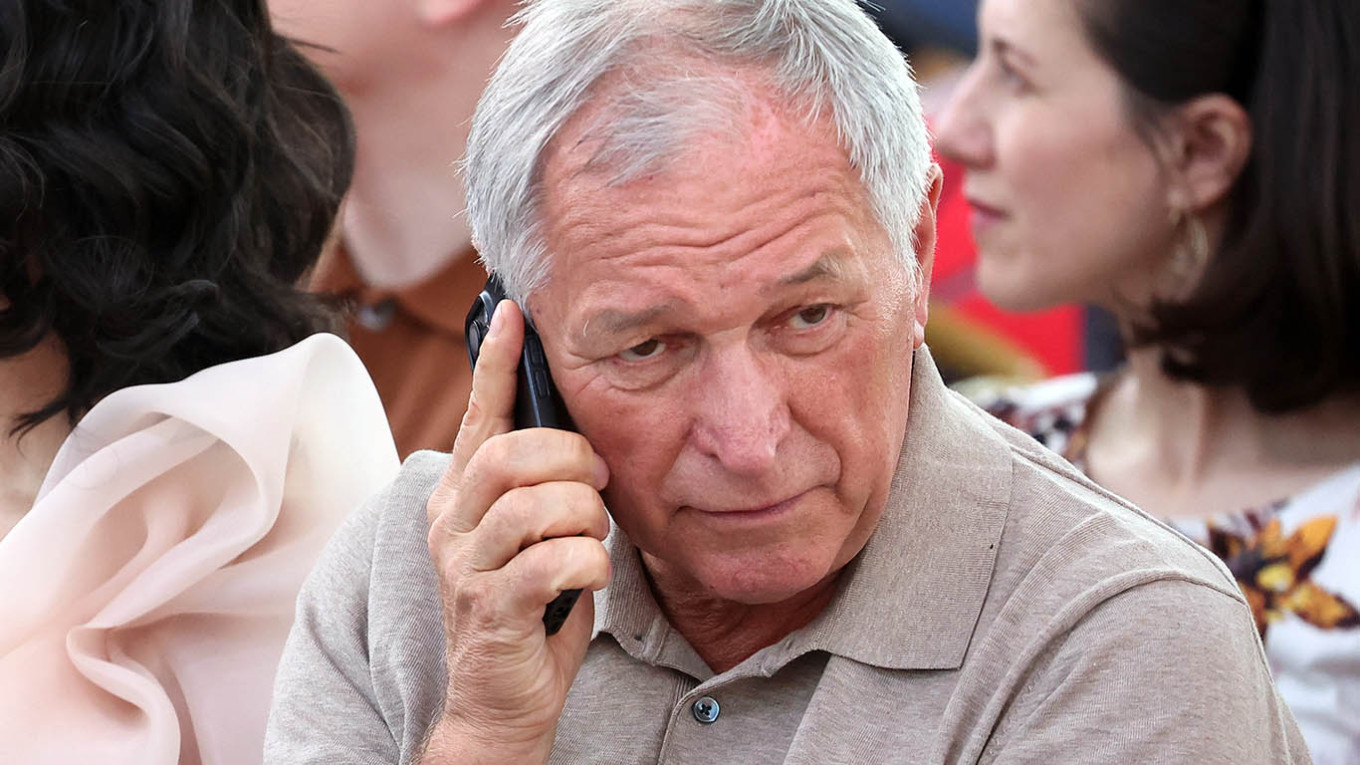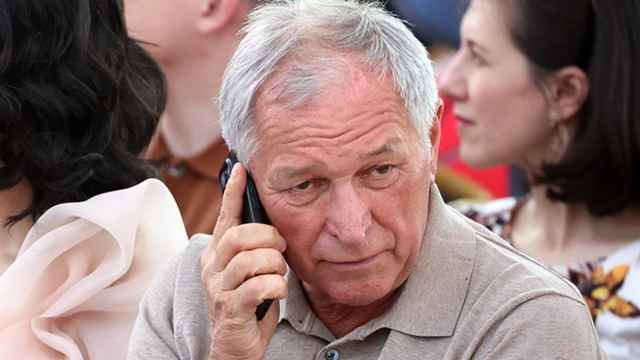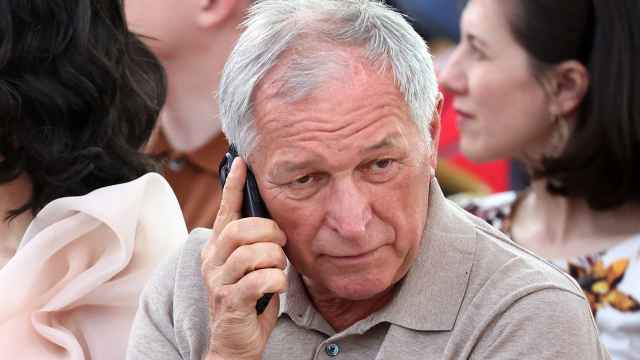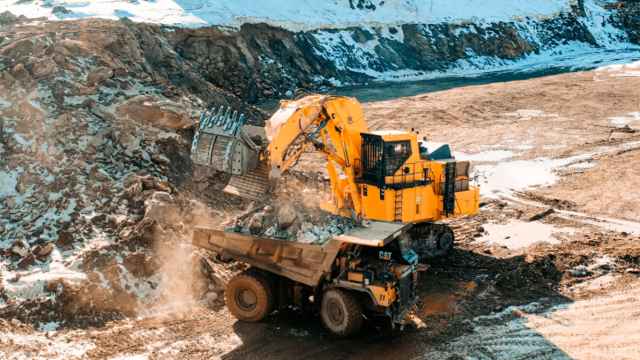Russian prosecutors have launched a major lawsuit against gold mining tycoon and regional lawmaker Konstantin Strukov, seeking 4 billion rubles ($50 million) in compensation for environmental damage linked to one of the country’s worst recent mining disasters.
The case filed by the Prosecutor General’s Office centers on Strukov’s former company Yuzhuralzoloto, Russia’s third-largest gold producer, which was recently nationalized.
Prosecutors allege that under Strukov’s ownership, the company systematically violated environmental and safety regulations, leading to a 2024 dam collapse that released toxic waste into surrounding waterways and farmland.
According to court documents obtained by Kommersant, the Prosecutor General’s Office claims Strukov failed to invest in critical infrastructure, process safety and labor protections, which violated legal requirements and resulted in dangerous incidents.
In April 2024, a dam at the Svetlinsky deposit in the Chelyabinsk region’s Plastovsky District collapsed, spilling industrial waste into the Baturovka and Sanarka rivers and contaminating 330,000 square meters of farmland with arsenic.
Environmental damage from the incident was valued at 3.9 billion rubles ($48.75 million), which prosecutors say remains uncompensated.
The lawsuit also accuses Strukov, who serves as deputy chairman of the Chelyabinsk regional legislative assembly and is a member of the ruling United Russia party, of acquiring control of Yuzhuralzoloto through abuse of political office and siphoning off the company’s income via offshore channels.
Additional defendants include senior officials from Russia’s regulatory and investigative agencies, including the head of the Chelyabinsk regional Investigative Committee, Alexei Kolbasin, and two deputy heads of regional ecological oversight bodies, Rostekhnadzor’s Yuri Shuvalov and Rosprirodnadzor’s Vladislav Potapov.
Prosecutors allege that despite clear evidence the dam was built and operated illegally, these officials failed to hold Strukov accountable due to “informal relationships.”
Instead, they allegedly took steps to protect his business interests and continue profiting from environmental exploitation.
After the April spill, Yuzhuralzoloto was fined a mere 300,000 rubles ($3,750) and operations were formally suspended for 90 days. Mining resumed just two weeks later with regulatory approval.
In July, investigators from the Prosecutor General’s Office and the FSB raided Strukov’s and Yuzhuralzoloto’s offices, concluding that safety violations remained unresolved and no environmental remediation had taken place.
The lawsuit also outlines how Strukov is alleged to have secured Kolbasin’s loyalty.
Prosecutors say Strukov provided him with a 121-square-meter luxury apartment in Chelyabinsk, covering utility costs, in what they describe as an arrangement that compromised Kolbasin’s ability to carry out his duties impartially, ultimately affecting the investigation into the arsenic contamination case.
The 4-billion-ruble claim has been filed with the Plastsky city court, which has already taken precautionary steps including the seizure of Strukov’s remaining assets.
Strukov, 64, is ranked by Forbes as Russia’s 78th-richest individual, with a net worth estimated at $1.9 billion.
A Message from The Moscow Times:
Dear readers,
We are facing unprecedented challenges. Russia's Prosecutor General's Office has designated The Moscow Times as an "undesirable" organization, criminalizing our work and putting our staff at risk of prosecution. This follows our earlier unjust labeling as a "foreign agent."
These actions are direct attempts to silence independent journalism in Russia. The authorities claim our work "discredits the decisions of the Russian leadership." We see things differently: we strive to provide accurate, unbiased reporting on Russia.
We, the journalists of The Moscow Times, refuse to be silenced. But to continue our work, we need your help.
Your support, no matter how small, makes a world of difference. If you can, please support us monthly starting from just $2. It's quick to set up, and every contribution makes a significant impact.
By supporting The Moscow Times, you're defending open, independent journalism in the face of repression. Thank you for standing with us.
Remind me later.






